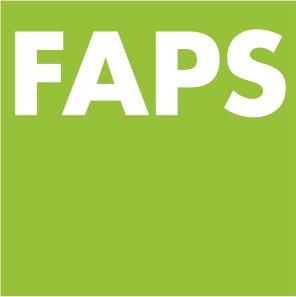Background
Modern production and supply networks span multiple continents, combining various transport modes (road, sea, rail, air). Understanding the geographical structure, costs, and environmental impacts of these logistics routes is key to designing resilient and sustainable global value chains. This thesis contributes to a research project on modeling and optimizing international production networks. The focus lies on geo-spatial modeling of transport flows, calculation of transport costs and emissions, and interactive visualization of global supply routes.
Objectives
Develop a geo-based Python model that:
- Maps realistic transport routes between global production and assembly sites,
- Calculates transport distances, costs, and CO₂ emissions based on real data,
- Visualizes results interactively on a world map (e.g., using folium or geopandas).
Main Tasks
Data Collection and Preparation
- Identify suitable open geospatial datasets (e.g., Global Shipping Lanes, OpenStreetMap).
- Gather emission and transport cost factors (e.g., from the GLEC Framework).
Model Development
- Implement routing and distance calculations for combined transport modes.
- Compute costs and CO₂ emissions for selected routes or network scenarios.
Visualization and Analysis
- Create an interactive geo-visualization of the modeled network.
- Document assumptions, data sources, and main findings.
Requirements
- Ongoing studies at FAU
- Good programming skills in Python
- Experience with data analysis and mapping tools (pandas, geopandas, folium) preferred
- Interest in global production networks, sustainability, and data-driven modeling
Tools / Frameworks
- Python (pandas, geopandas, folium, shapely)
- Open geospatial data (OpenStreetMap, Global Shipping Lanes, etc.)
- Emission frameworks such as GLEC Framework
Type of Thesis
- Final Thesis (Bachelor / Master)
- Type: Theoretical thesis / Systematic literature review
- Start date: flexible
Please send your complete application documents (short cover letter, work/internship certificates, and current transcript of records) to: baris.albayrak@faps.fau.de
I look forward to hearing from you!
Kategorien:
Forschungsbereich:
AutomatisierungstechnikArt der Arbeit:
Bachelorarbeit, Masterarbeit, ProjektarbeitStudiengang:
Informatik, IPEM, Maschinenbau, Mechatronik, WirtschaftsingenieurwesenTechnologiefeld:
Künstliche Intelligenz und Maschinelles Lernen, Energy and Ecology, Software Engineering und DeploymentKontakt:
Baris Albayrak, M.Sc.
Department Maschinenbau (MB)
Lehrstuhl für Fertigungsautomatisierung und Produktionssystematik (FAPS, Prof. Franke)
- E-Mail: baris.albayrak@faps.fau.de

![[PT/MT] Geo-Modeling and Assessment of Global Production Networks](/wp-content/uploads/2025/10/Photo02-thumb.jpg)